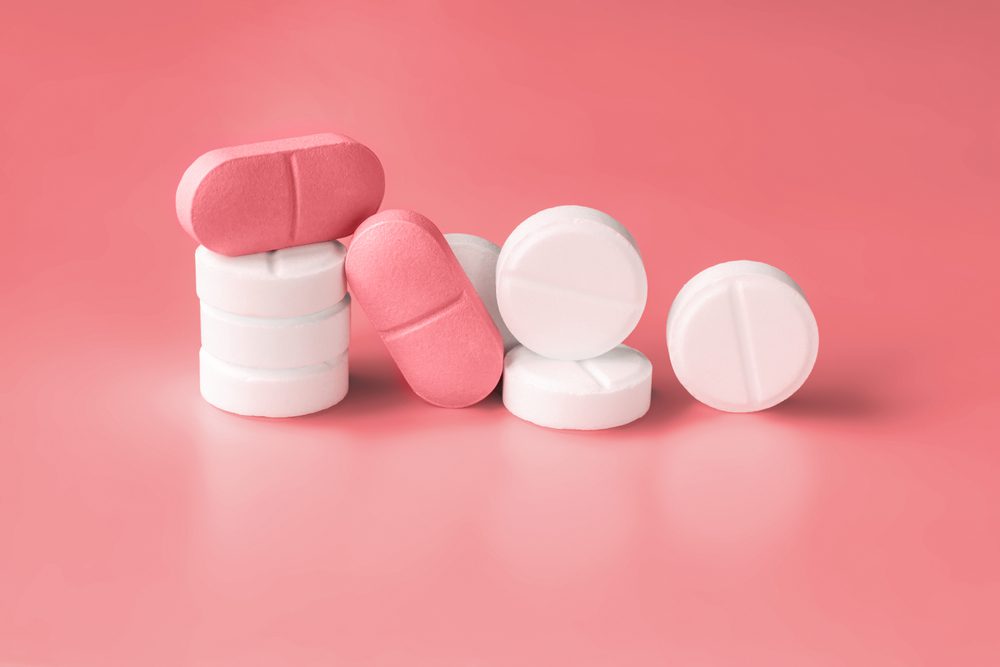Explore the link between hormonal fluctuations and the phenomenon of hormonal headaches in our comprehensive guide at Women’s Health Arizona, uncovering how hormones might be triggering your headache symptoms and providing insights into effective relief treatments.
What is a Hormonal Headache?
Hormonal headaches, also known as menstrual or PMS headaches, are common among women and occur due to changing estrogen levels — particularly a decrease in estrogen levels. Estrogen levels can change for many reasons, including pregnancy, varying phases of your menstrual cycle, menopause, or lactation. Also, hysterectomy and oral contraceptives can change estrogen levels. In any of these situations, a hormonal headache can occur.
Treating Hormonal Headaches
Doctors use a number of different treatments to address hormonal headaches. If your headaches are related to your menstrual cycle, prescription medication can stop your menstrual cycle or reduce your pain. Or oral contraceptives may reduce the severity or frequency of your headaches (they can also make your headaches worse). Some commonly prescribed medications and supplements include:
- Triptans: Often used to treat migraines, triptans calm overactive pain nerves and block pain signals in the brain. Triptans don’t prevent headaches but can address them quickly.
- Pain relievers (NSAIDS): Ibuprofen and other over-the-counter pain medications relieve pain for many who are suffering from headaches.
- NSAID / Triptan combination medications: These combine non-steroidal anti-inflammatories and triptans into one medication. They are often prescribed for women who experience menstrual-related migraines.
- Magnesium supplements: Some women find relief by taking magnesium supplements from the 15th day of their cycle until menstruation begins.

Additional Hormonal Headache Treatments
Medication and supplements aren’t your only option for treating hormone-related headaches. Other methods include biofeedback therapy, relaxation and breathing exercises, ice packs on your head or neck, massage, and acupuncture. Lifestyle changes can also be helpful. This would include limiting alcohol and caffeine consumption and minimizing stress. Increase hydration so you’re drinking at least 1.5 to 2 liters of water and getting a healthy amount of sleep and rest daily.
If you would like to meet with a knowledgeable doctor, consider contacting Women’s Health Arizona. As Arizona’s largest ObGyn group, we’re trained and solely dedicated to delivering the best ObGyn experience in convenient and comfortable settings around Phoenix.

